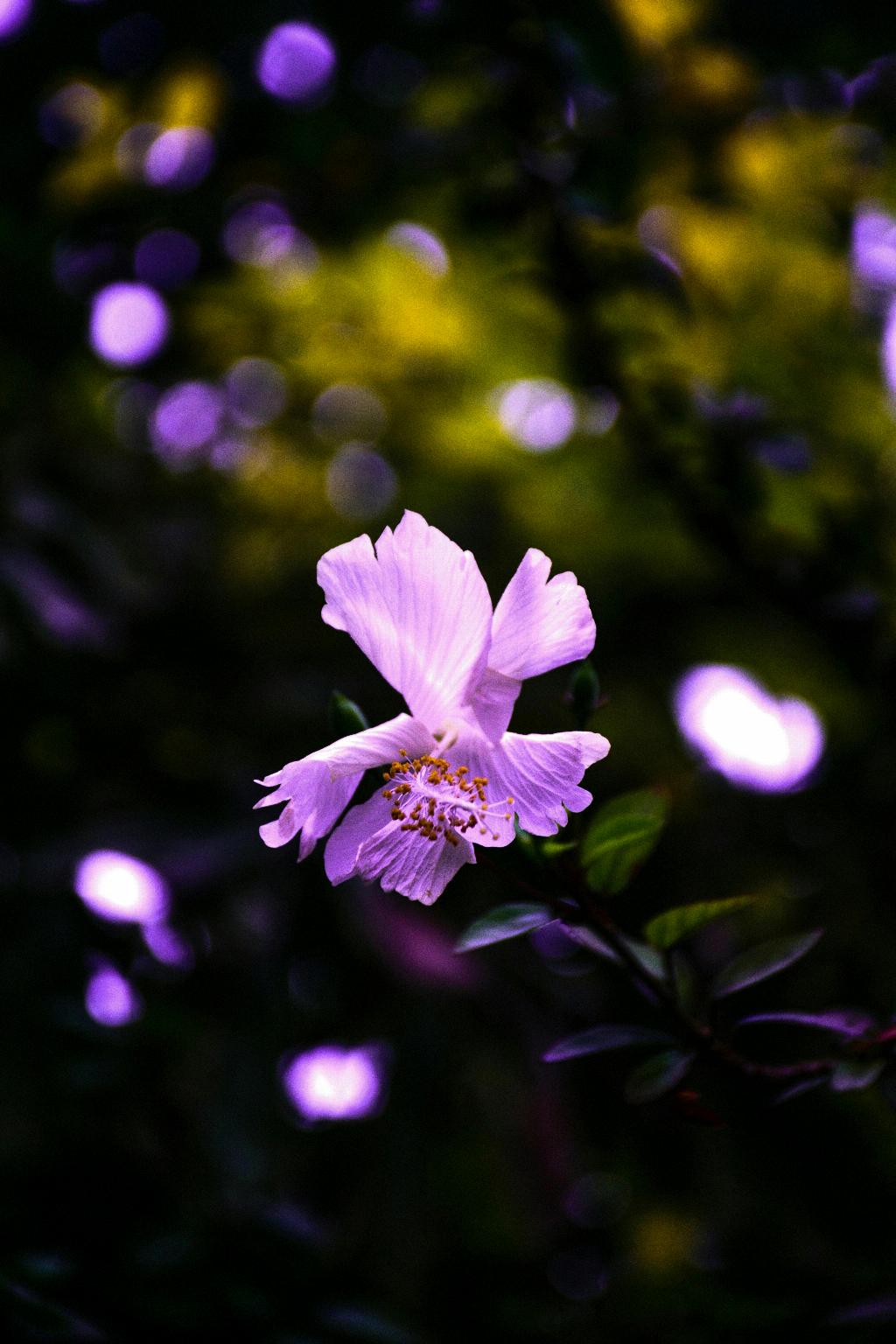When it comes to discussing the potential toxicity of hibiscus flowers, it’s crucial to navigate this topic with caution. While the flowers of ornamental hibiscus plants are generally not considered toxic, there are some important considerations to keep in mind regarding their consumption and safety.
First and foremost, it’s essential to note that ornamental hibiscus flowers are not typically grown for culinary purposes. As a result, consuming these flowers is not recommended, as they are not bred or cultivated with human consumption in mind.
Furthermore, the potential danger associated with consuming hibiscus flowers extends beyond their intended use. Some ornamental hibiscus varieties may have been treated with pesticides or chemicals that are not intended for food crops. Ingesting flowers that have been exposed to these substances can pose significant health risks.
While the majority of ornamental hibiscus varieties are not known to be toxic, it is crucial to exercise caution and be informed about the specific variety you are dealing with. Some hibiscus plants may have parts that are toxic to humans or animals if ingested, so it’s important to research the specific species you are working with.
It’s also worth mentioning that while hibiscus flowers are not typically consumed directly, they are a popular ingredient in teas and herbal infusions. When used in this context, hibiscus flowers are considered safe for consumption and are valued for their flavor and potential health benefits.
Overall, the general consensus is that ornamental hibiscus flowers are not poisonous when consumed in small quantities or used in culinary applications like tea. However, it is crucial to exercise caution, especially when dealing with plants that have been treated with pesticides or other chemicals not intended for consumption.
As with any plant or flower, it’s important to err on the side of caution and consult with a healthcare professional or plant expert if you have any doubts or concerns about the safety of consuming hibiscus flowers.
In conclusion, while ornamental hibiscus flowers are generally not considered toxic, it is always advisable to exercise caution and be well-informed about the specific variety you are working with. When it comes to consuming hibiscus flowers or using them in culinary preparations, it’s best to proceed with care and prioritize safety above all else.

